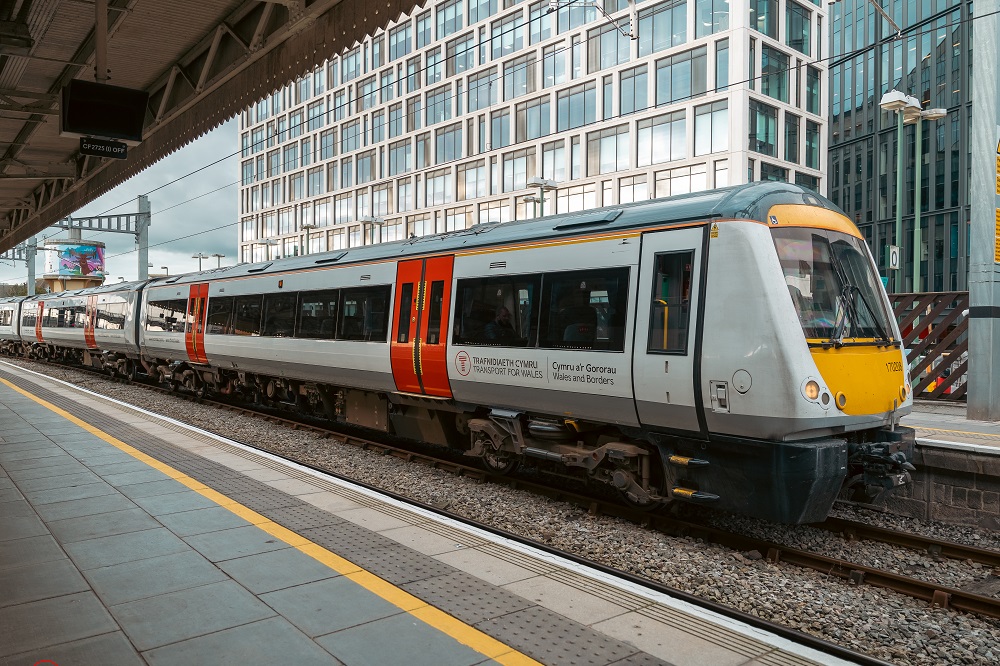Train passengers ‘punished’ as fares rise by nearly 5%

Rail fares in England and Wales are rising by nearly 5% despite train cancellations being among the highest levels for 10 years.
Public transport campaigners claimed passengers are being “punished” and will be “angry” at Sunday’s price hikes.
The equivalent of 3.9% of services in England and Wales were cancelled in the year to February 3, PA news agency analysis of Office of Rail and Road (ORR) figures shows.
That is narrowly below the worst performance of 4.1% in records dating back to 2014.
Reliability has been hit by several factors in recent months, including strikes, infrastructure faults and severe weather.
The fares rise could add £190 to an annual season ticket from Woking to London, taking the cost from £3,880 to £4,070.
It could also see flexi season tickets for travel between Liverpool and Manchester on two days per week over a year rising by £92.60 from £1,890 to £1,982.60.
Chris Page, who chairs pressure group Railfuture, said: “Why are rail passengers being punished year after year with inflation-busting fare rises?
“No matter that there’s a cost-of-living crisis, no matter that we’re facing a climate emergency, the Government seems more determined than ever to price us off the railway and on to the roads.”
Campaign for Better Transport campaigns manager Michael Solomon Williams said: “At a time when we urgently need to encourage people to take the train, the public will rightly be angry to discover that it has just become even more expensive to do so.
“We know that people will decide to drive or fly if the train is too expensive, so this is bad news for our personal finances, the wider economy and the environment.”
Rail minister Huw Merriman said last month that the UK Government had attempted to “split the balance between the UK taxpayer and the fare payer” in relation to fare rises, which he described as being “well below inflation”.
ORR figures show the Westminster administration provided £4.4 billion of funding to train operators in Britain in the year to the end of March 2023.
Last July’s Retail Prices Index measure of inflation, which is traditionally used to determine annual fare rises, was 9.0%.
The Consumer Prices Index, which is a more commonly used inflation figure, was 6.8% in July 2023 but fell to 4.0% in January.
The UK and Welsh governments set the cap for rises in regulated fares at 4.9%.
These include season tickets on most commuter journeys, some off-peak return tickets on long-distance routes and flexible tickets for travel around major cities.
Train operators set unregulated fares such as Advance singles, although their decisions are heavily influenced by the Government due to contracts introduced because of the coronavirus pandemic.
Rises in these fares are expected to be similar to those for regulated fares.
The Scottish Government will increase ScotRail fares by 8.7% from April 1.
Support our Nation today
For the price of a cup of coffee a month you can help us create an independent, not-for-profit, national news service for the people of Wales, by the people of Wales.






Perhaps they could use some of it to install toilets on trains between Bristol and Caergybi…
While they are at it get some trains to run on schedule ….They are so unreliable and grubby that people should be allowed to travel free of charge until there’s a wholesale performance improvement.